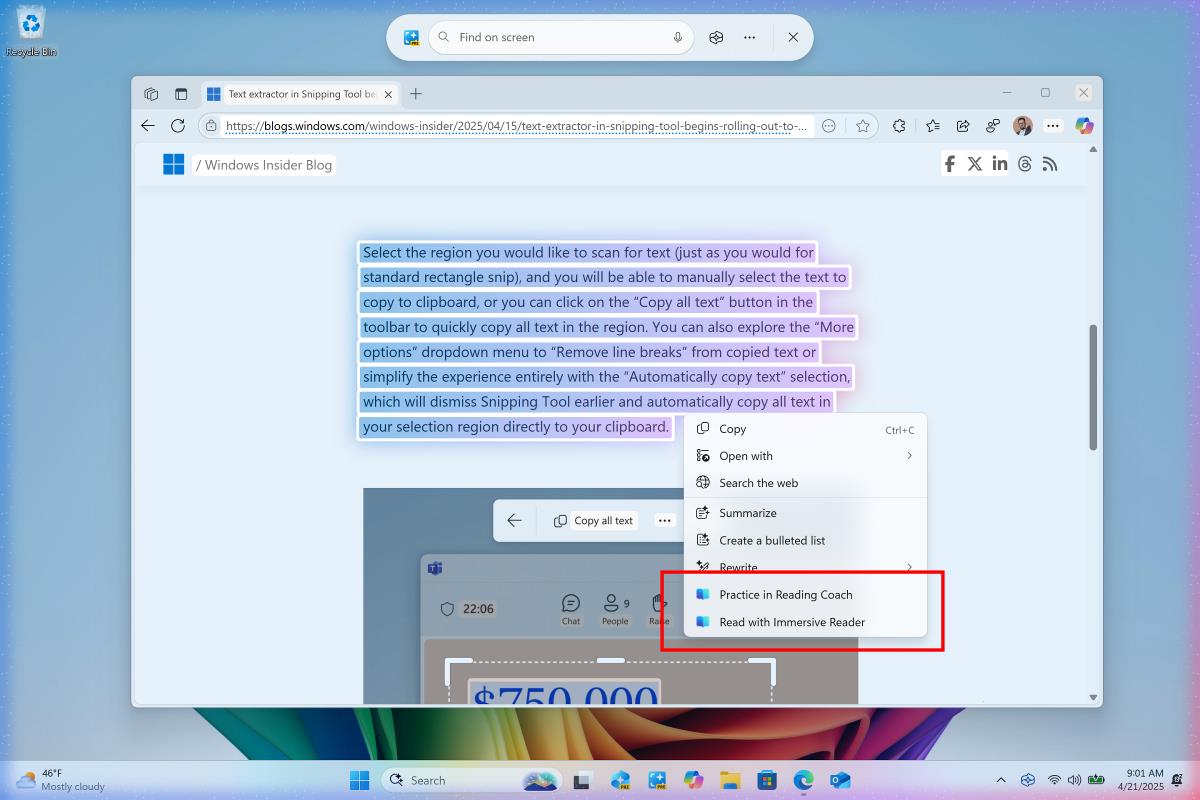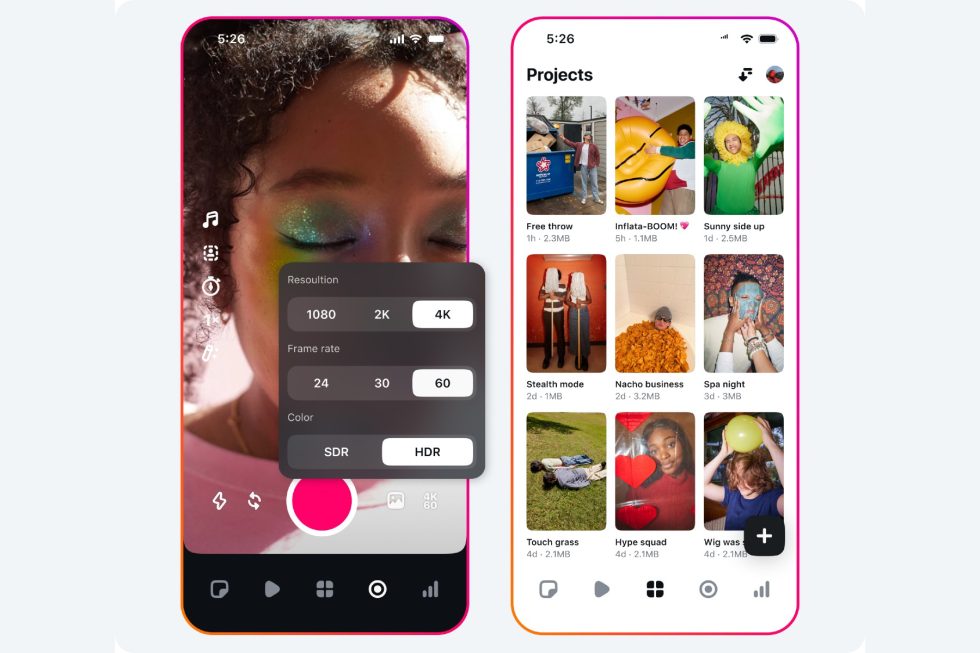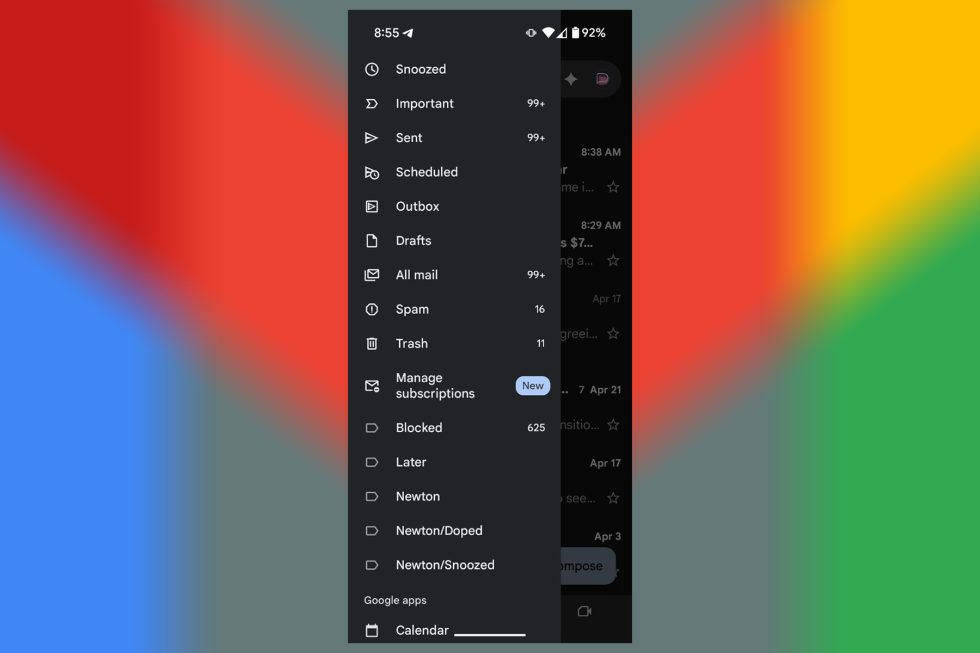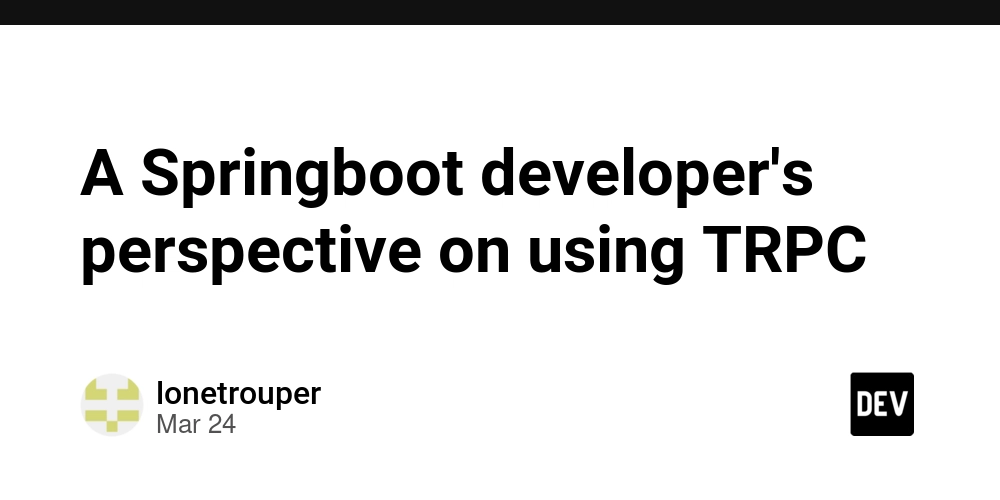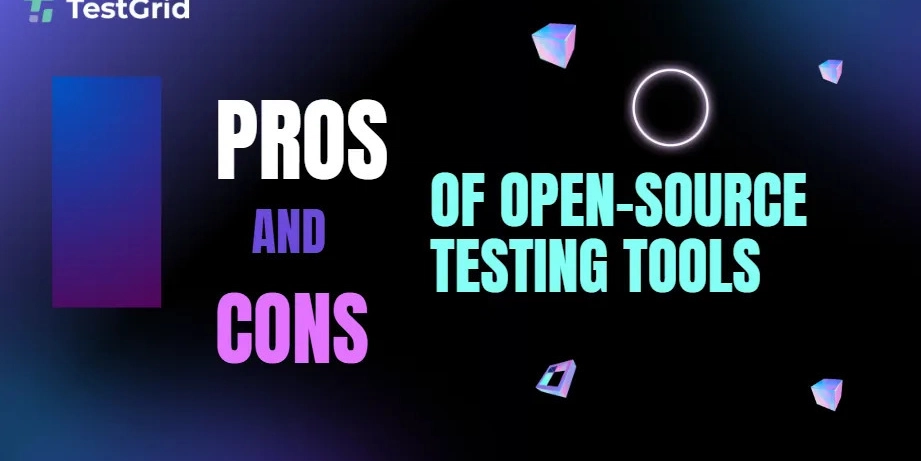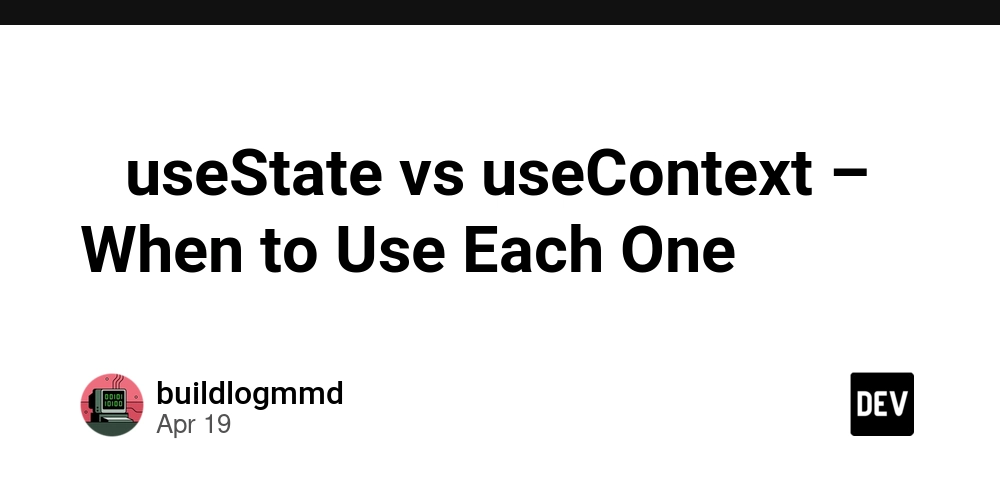Beyond the Bare Minimum: How Software Engineers Can Truly Stand Out
Continuous learning. Ask any accomplished person in the world today and they'll tell you this is one of the keys to success. It's not just a nice-to-have, it's a must if you hope to make anything of yourself in this life...and it's no different for software engineers. Software engineering isn't static. New programming languages emerge, frameworks evolve, security threats adapt, and cloud services expand at a dizzying pace. If you're not actively learning, you're actively becoming outdated. In this field, staying still means falling behind, and falling behind means becoming irrelevant. Why does continuous learning matter? It's not just about personal satisfaction, though that's certainly a plus. It's about problem-solving—new challenges often require new solutions. It's about career growth, and staying relevant. But it's not always easy. It requires time, effort, energy, and often stepping out of your comfort zone. However, the cost of not learning is far higher than the effort of keeping up. But before you start patting yourself on the back for you amazing learning habits, allow me to burst that bubble. In software engineer, continuous learning isn't the exception. It's not the gold standard, or the thing that's going to get you praise (if that's what you're after)...it's the bare minimum. It's just expected of us. No different than the expectation for an athlete to exercise, or an author to know proper grammar. Recognizing that constant learning is simply the baseline can feel daunting, but it also reframes our perspective on what it means to truly excel in this field. If keeping up with new technologies is merely meeting expectations, then the real question becomes: how do we distinguish ourselves and make real impact? In a profession where everyone is expected to keep learning, standing out requires more than just doing what's required. So, what does going above and beyond look like in today's software engineering landscape? Brace yourself, because it's a lot more than just staying current: Mentoring Others: Are you guiding junior engineers or running onboarding sessions? Open Source Contributions: Are you actively contributing to or maintaining projects, not just using them? Speaking at conferences: When was the last time you presented at a meetup, webinar, or conference? Publishing Technical Content: Have you written any in-depth blog posts or tutorials lately? Developing Internal Tools: Are you building solutions that improve your team's workflow? Driving Architectural Decisions: Are you leading major technical initiatives or setting coding standards? Proposing and Piloting new Tech: Have you advocated for and implemented new technologies recently? Community Leadership: Are you organizing meetups or hackathons? Are you leading or moderating online discussions? Teaching and Training: Have you run any internal workshops or guest lectured at a coding school? Contributing to Standards: Are you participating in working groups or helping define industry best practices? What sets these activities apart? They require initiative—you're not just consuming knowledge. You're creating and sharing it. They have impact—your actions benefit more than just yourself. They demonstrate leadership—you're setting direction and inspiring others. While continuous learning keeps you afloat, going above and beyond can make you indispensable and highly respected in your field. It's about making a lasting impact, not just keeping your head above water. So, Where do you go from here? Stay curious. Stay relevant. Never stop learning. But remember, that's just the starting line. If you want to truly excel in this field, you need to push beyond the boundaries of your own knowledge and actively contribute to the growth of your team, company, and the broader tech community. Will you settle for the bare minimum, or will you strive to be truly exceptional? The choice is yours.

Continuous learning. Ask any accomplished person in the world today and they'll tell you this is one of the keys to success. It's not just a nice-to-have, it's a must if you hope to make anything of yourself in this life...and it's no different for software engineers.
Software engineering isn't static. New programming languages emerge, frameworks evolve, security threats adapt, and cloud services expand at a dizzying pace. If you're not actively learning, you're actively becoming outdated. In this field, staying still means falling behind, and falling behind means becoming irrelevant.
Why does continuous learning matter? It's not just about personal satisfaction, though that's certainly a plus. It's about problem-solving—new challenges often require new solutions. It's about career growth, and staying relevant. But it's not always easy. It requires time, effort, energy, and often stepping out of your comfort zone. However, the cost of not learning is far higher than the effort of keeping up.
But before you start patting yourself on the back for you amazing learning habits, allow me to burst that bubble. In software engineer, continuous learning isn't the exception. It's not the gold standard, or the thing that's going to get you praise (if that's what you're after)...it's the bare minimum. It's just expected of us. No different than the expectation for an athlete to exercise, or an author to know proper grammar.
Recognizing that constant learning is simply the baseline can feel daunting, but it also reframes our perspective on what it means to truly excel in this field. If keeping up with new technologies is merely meeting expectations, then the real question becomes: how do we distinguish ourselves and make real impact? In a profession where everyone is expected to keep learning, standing out requires more than just doing what's required.
So, what does going above and beyond look like in today's software engineering landscape? Brace yourself, because it's a lot more than just staying current:
- Mentoring Others: Are you guiding junior engineers or running onboarding sessions?
- Open Source Contributions: Are you actively contributing to or maintaining projects, not just using them?
- Speaking at conferences: When was the last time you presented at a meetup, webinar, or conference?
- Publishing Technical Content: Have you written any in-depth blog posts or tutorials lately?
- Developing Internal Tools: Are you building solutions that improve your team's workflow?
- Driving Architectural Decisions: Are you leading major technical initiatives or setting coding standards?
- Proposing and Piloting new Tech: Have you advocated for and implemented new technologies recently?
- Community Leadership: Are you organizing meetups or hackathons? Are you leading or moderating online discussions?
- Teaching and Training: Have you run any internal workshops or guest lectured at a coding school?
- Contributing to Standards: Are you participating in working groups or helping define industry best practices?
What sets these activities apart?
They require initiative—you're not just consuming knowledge. You're creating and sharing it.
They have impact—your actions benefit more than just yourself.
They demonstrate leadership—you're setting direction and inspiring others.
While continuous learning keeps you afloat, going above and beyond can make you indispensable and highly respected in your field. It's about making a lasting impact, not just keeping your head above water.
So, Where do you go from here? Stay curious. Stay relevant. Never stop learning. But remember, that's just the starting line. If you want to truly excel in this field, you need to push beyond the boundaries of your own knowledge and actively contribute to the growth of your team, company, and the broader tech community.
Will you settle for the bare minimum, or will you strive to be truly exceptional?
The choice is yours.

















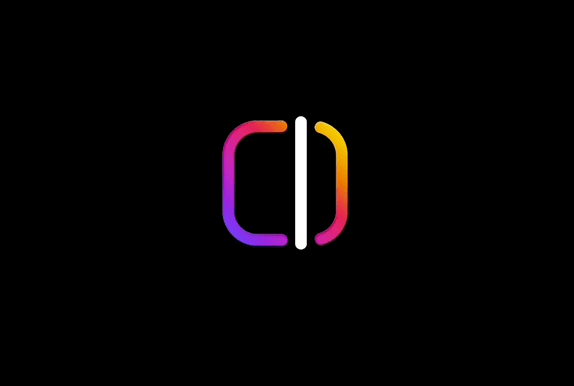

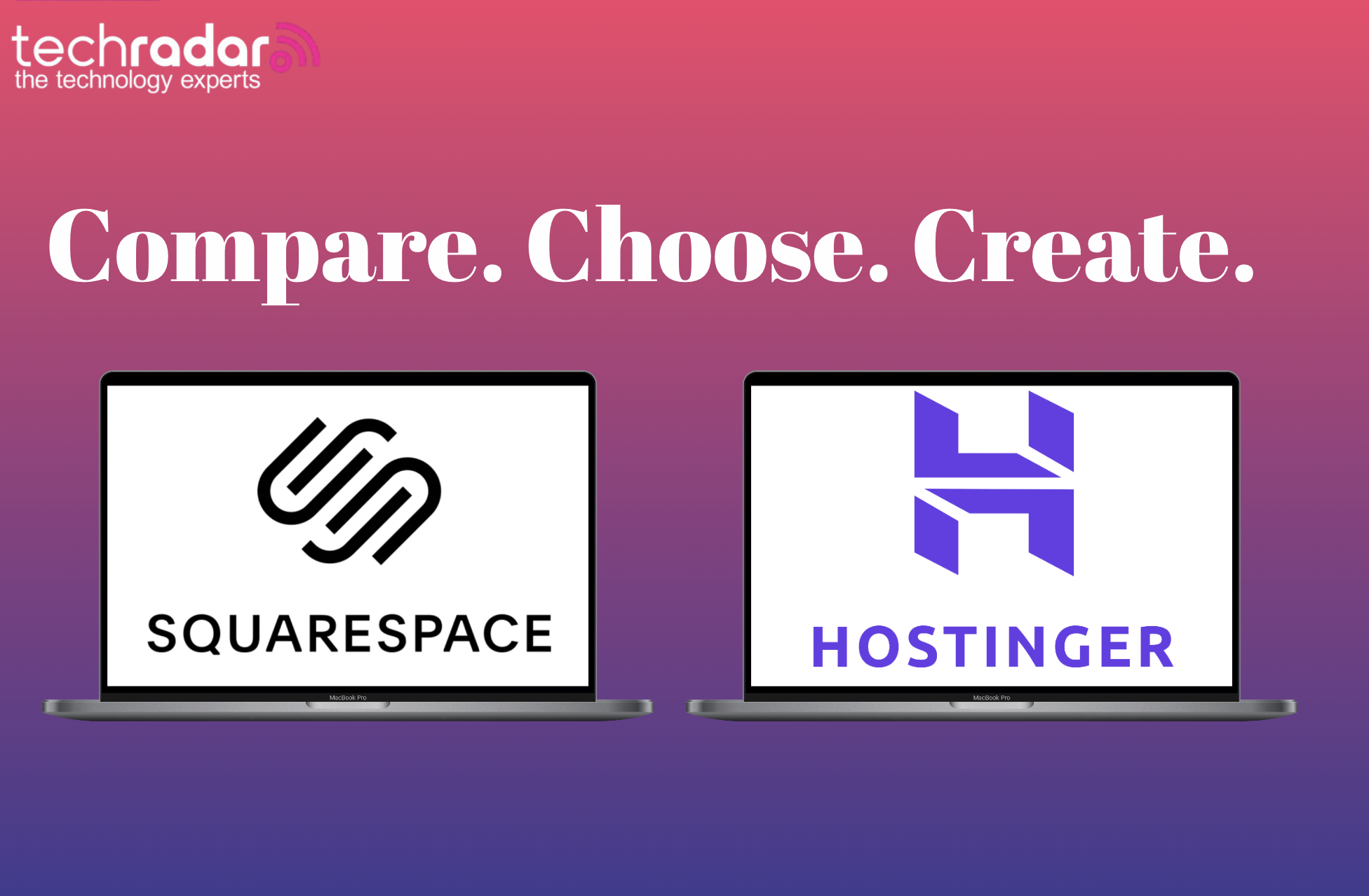

























































































































































![[The AI Show Episode 144]: ChatGPT’s New Memory, Shopify CEO’s Leaked “AI First” Memo, Google Cloud Next Releases, o3 and o4-mini Coming Soon & Llama 4’s Rocky Launch](https://www.marketingaiinstitute.com/hubfs/ep%20144%20cover.png)










































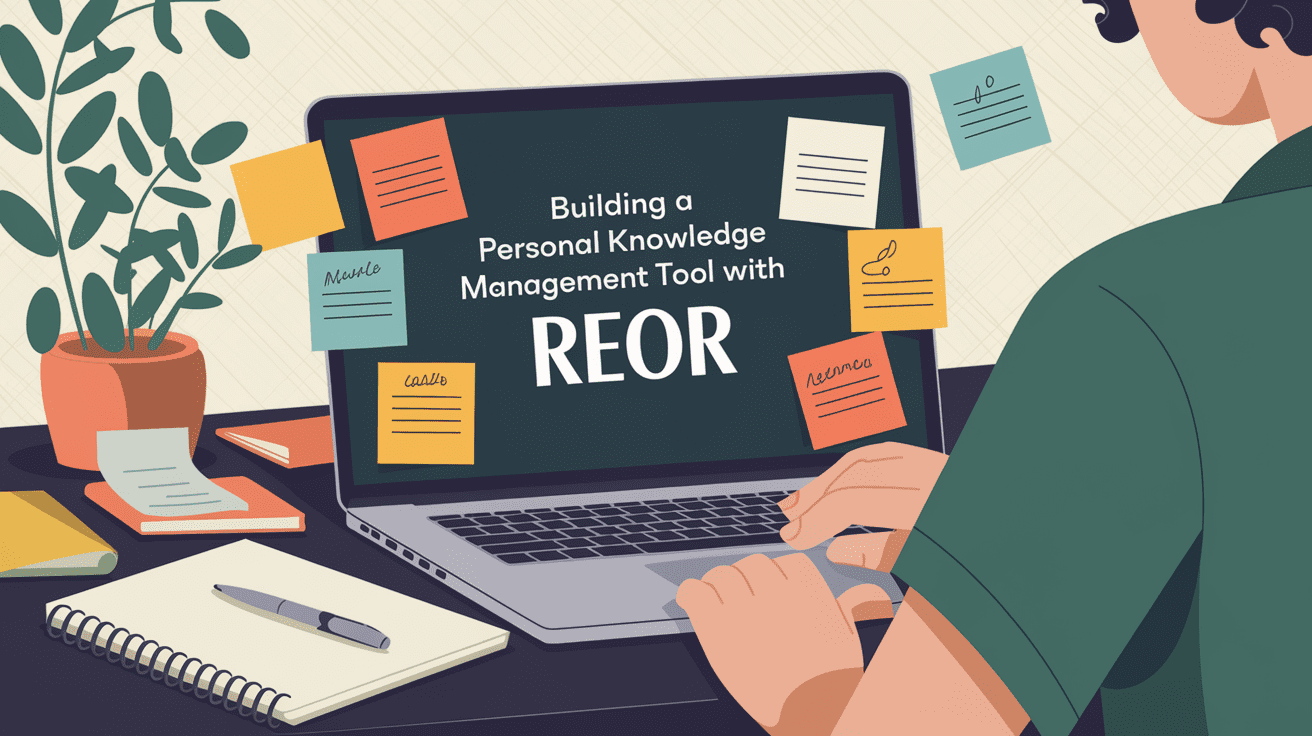













































































































![BPMN-procesmodellering [closed]](https://i.sstatic.net/l7l8q49F.png)





















































































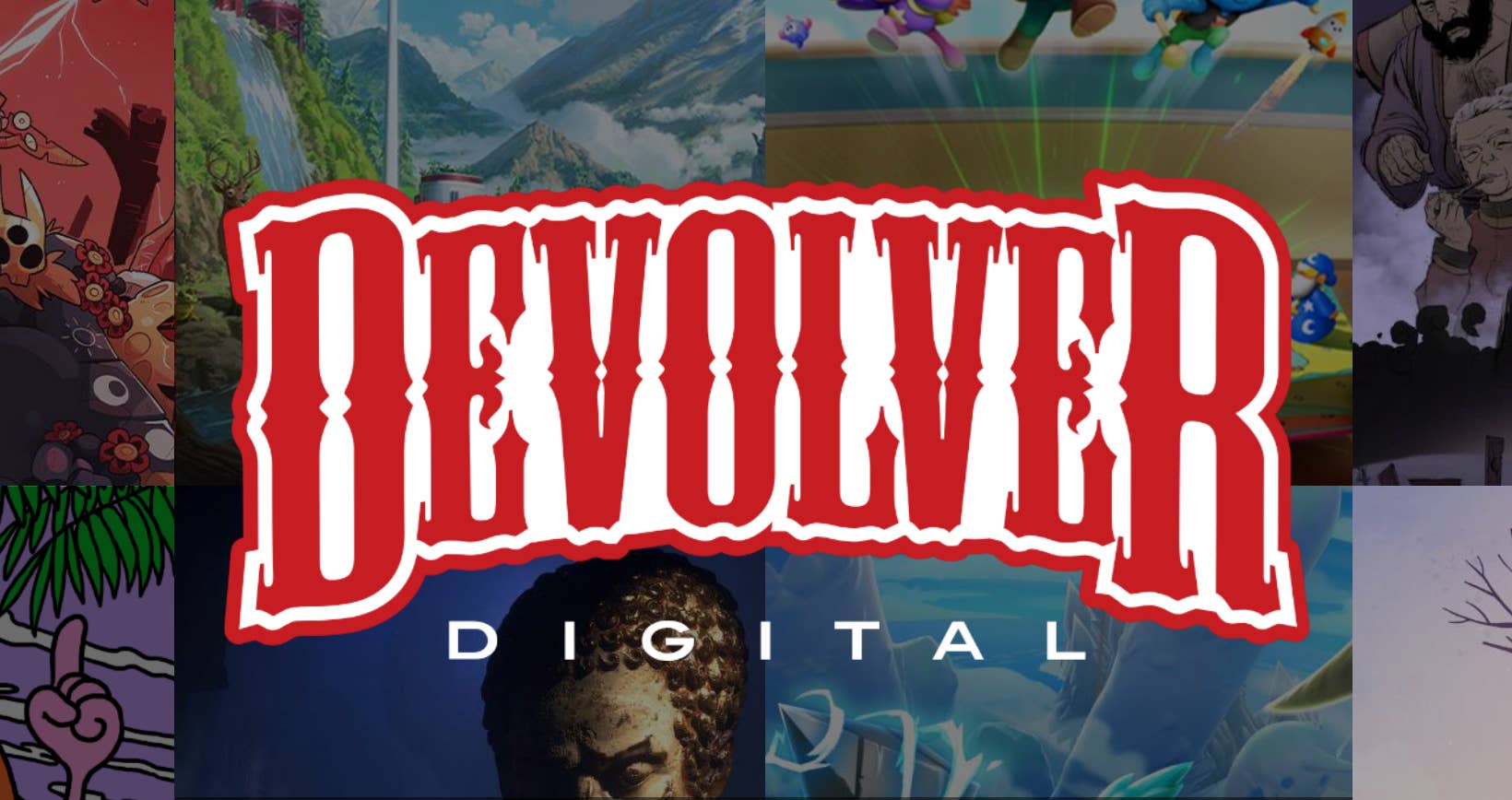




-All-will-be-revealed-00-35-05.png?width=1920&height=1920&fit=bounds&quality=70&format=jpg&auto=webp#)
-All-will-be-revealed-00-17-36.png?width=1920&height=1920&fit=bounds&quality=70&format=jpg&auto=webp#)
-Jack-Black---Steve's-Lava-Chicken-(Official-Music-Video)-A-Minecraft-Movie-Soundtrack-WaterTower-00-00-32_lMoQ1fI.png?width=1920&height=1920&fit=bounds&quality=70&format=jpg&auto=webp#)














































































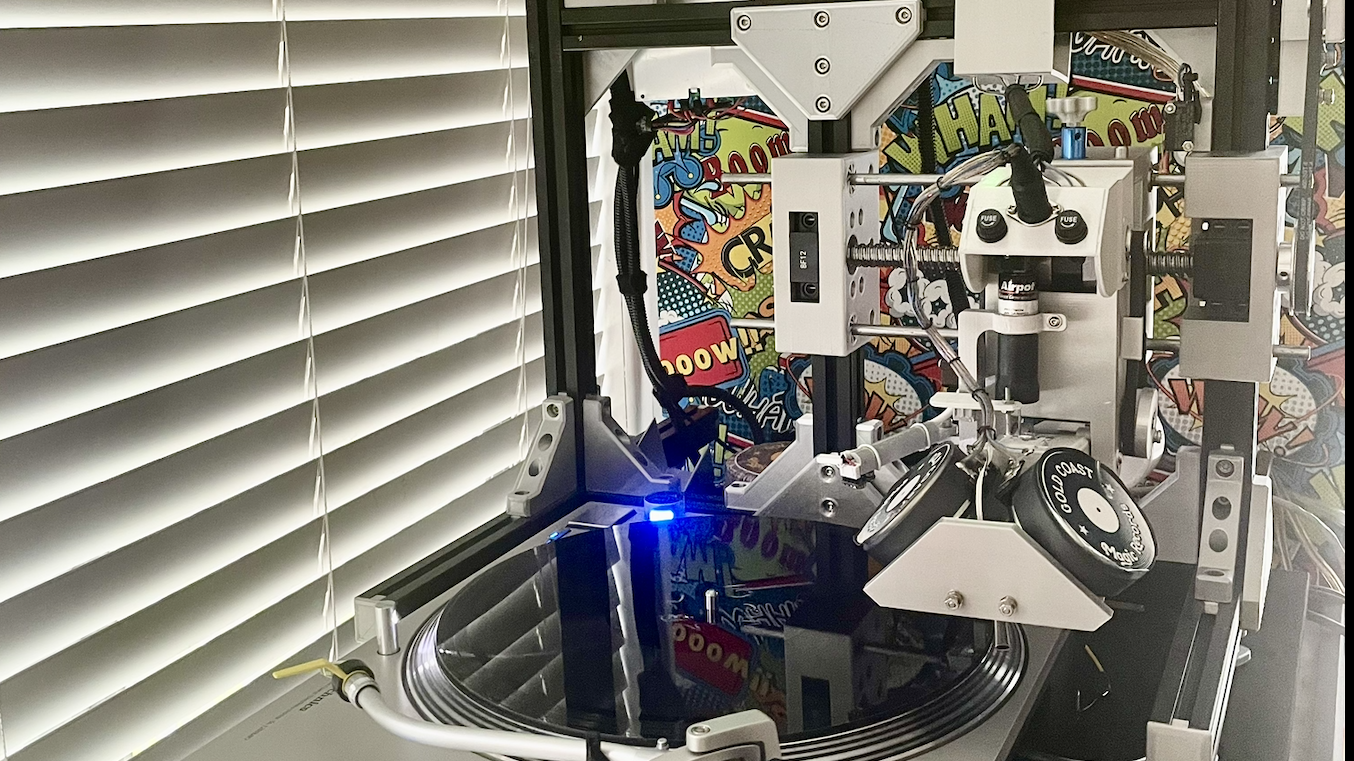




























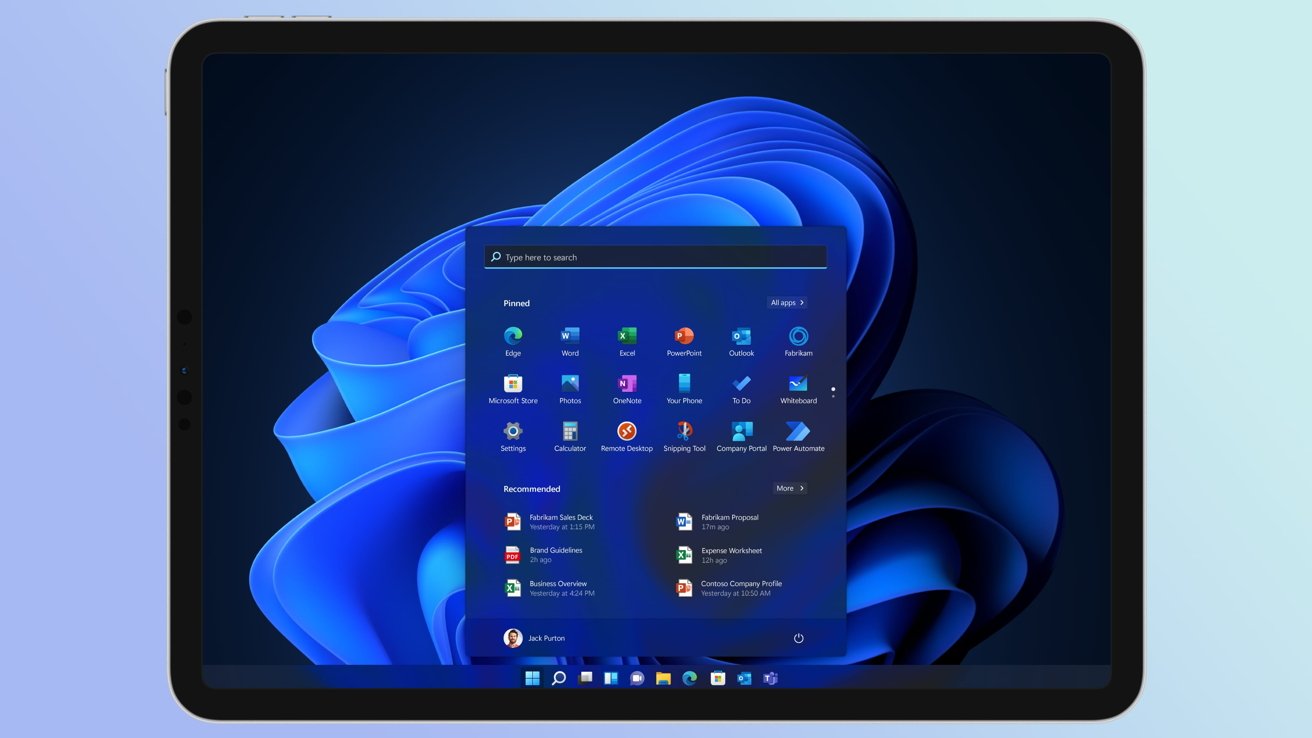

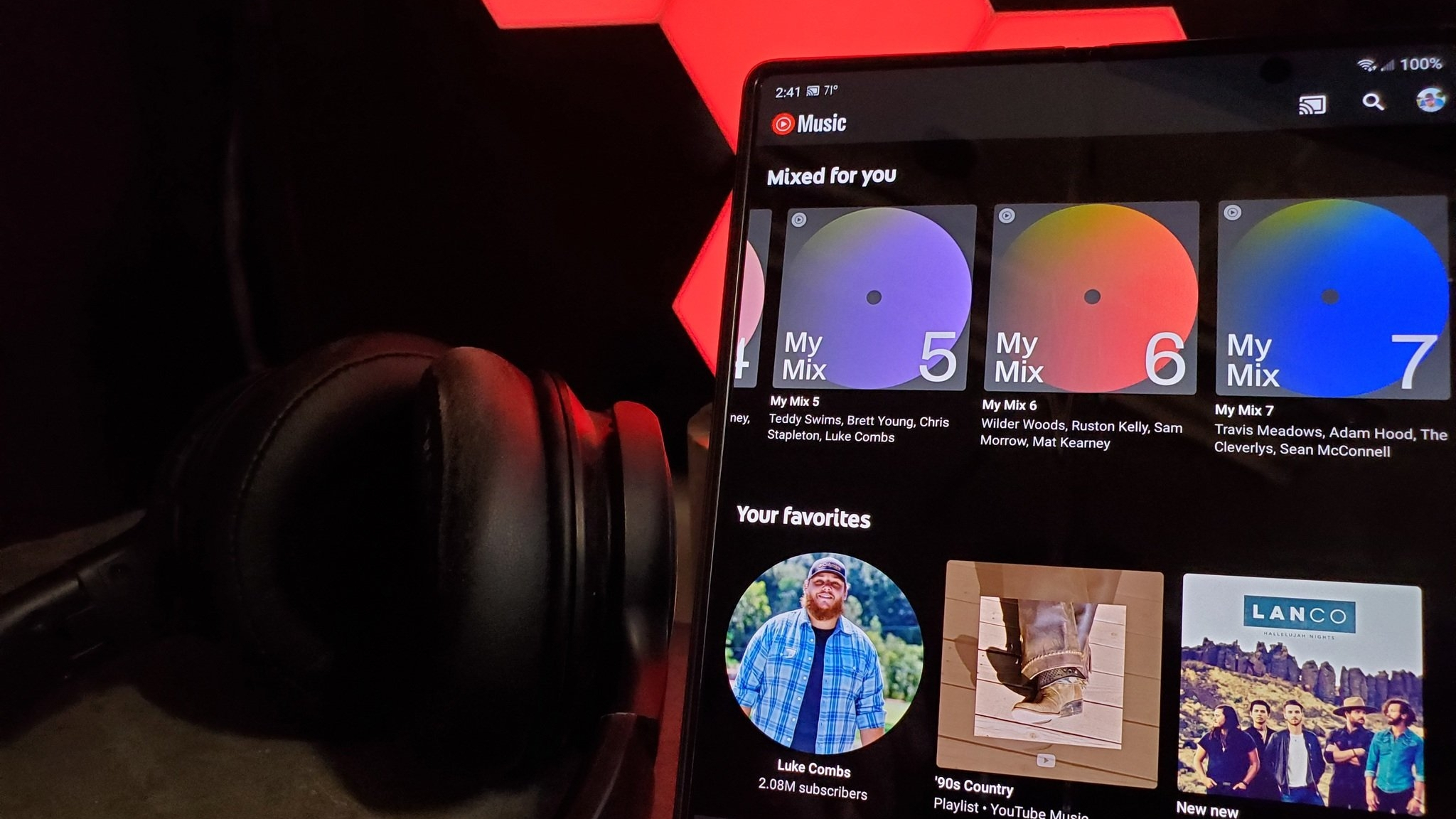








![What iPhone 17 model are you most excited to see? [Poll]](https://9to5mac.com/wp-content/uploads/sites/6/2025/04/iphone-17-pro-sky-blue.jpg?quality=82&strip=all&w=290&h=145&crop=1)














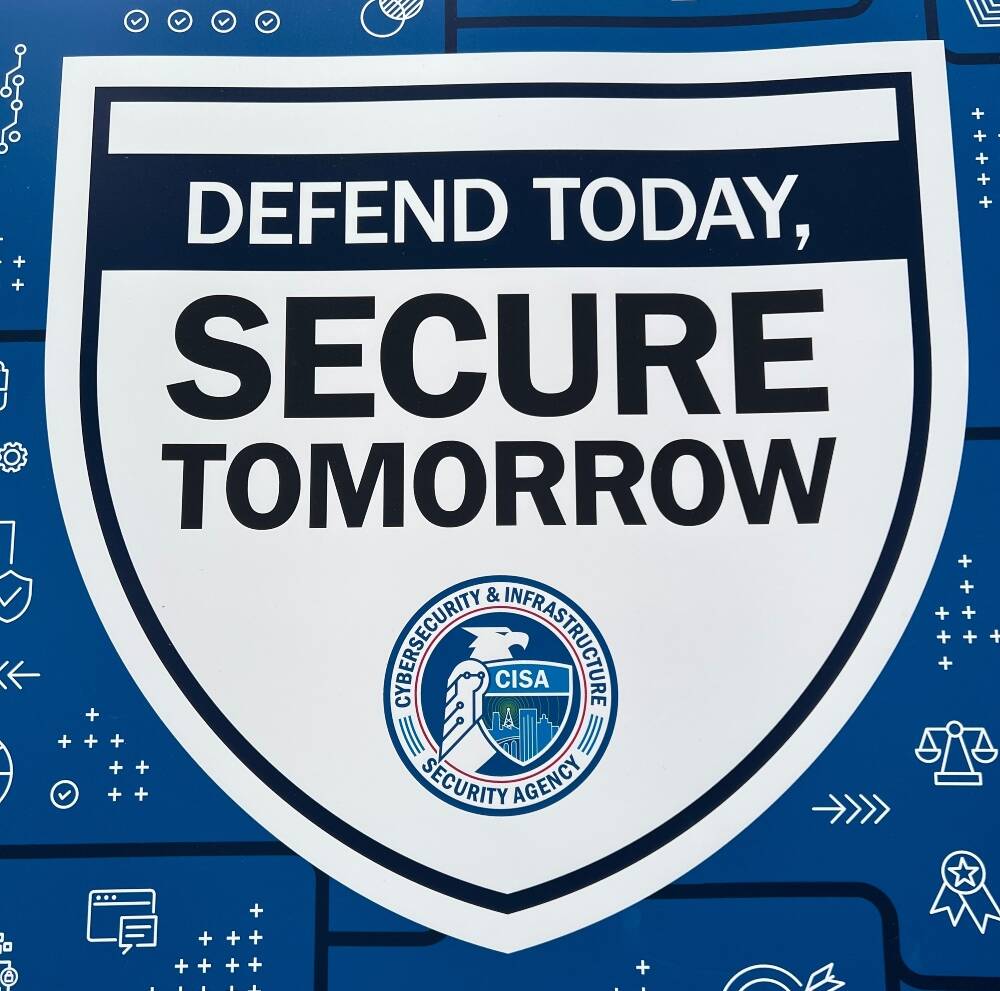


![Hands-On With 'iPhone 17 Air' Dummy Reveals 'Scary Thin' Design [Video]](https://www.iclarified.com/images/news/97100/97100/97100-640.jpg)
![Mike Rockwell is Overhauling Siri's Leadership Team [Report]](https://www.iclarified.com/images/news/97096/97096/97096-640.jpg)
![Instagram Releases 'Edits' Video Creation App [Download]](https://www.iclarified.com/images/news/97097/97097/97097-640.jpg)
![Inside Netflix's Rebuild of the Amsterdam Apple Store for 'iHostage' [Video]](https://www.iclarified.com/images/news/97095/97095/97095-640.jpg)



















